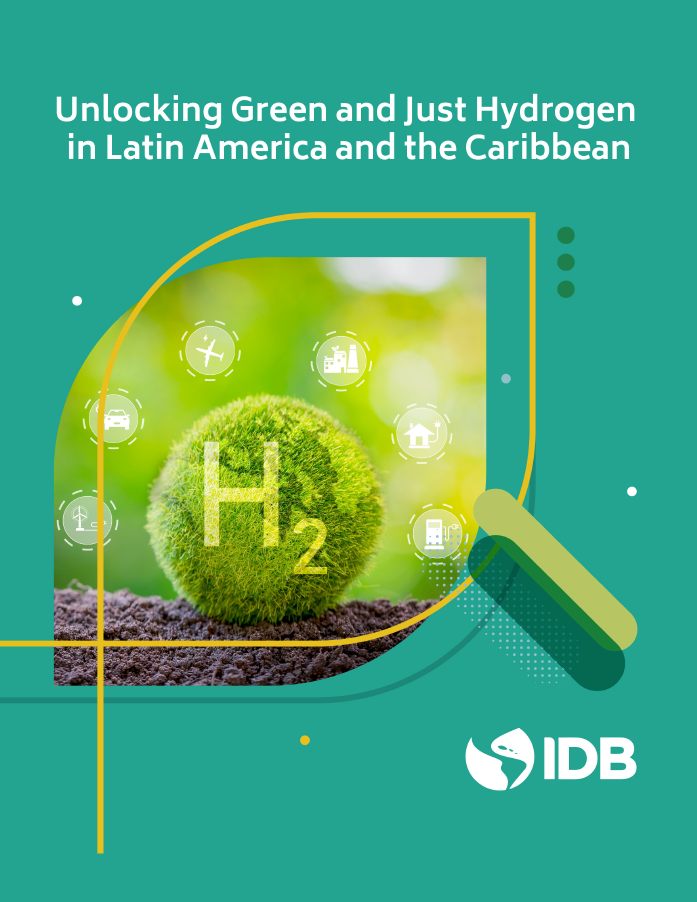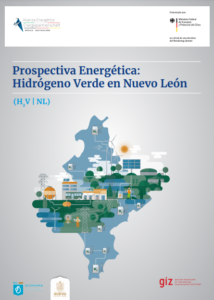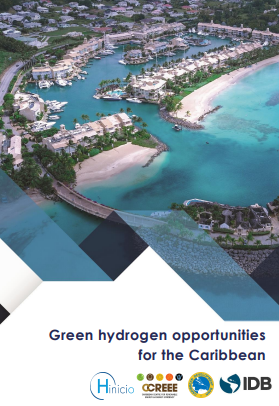HINICIO and its long-standing German partner LBST, independent strategy consultancies specialized in sustainable energy, were nominated for the first Franco-German Innovation award for renewable energy that was handed during the Franco-German Business Conference “The Implementation of the Paris Agreement on Climate Change” on 14th June in Berlin by the German energy agency DENA and the French energy agency ADEME. As part of the Franco-German Energy Platform, this award is intended to showcase outstanding projects of co-operation between the two countries in the field of renewable energy. Both companies are very proud to have been part of the three finalists for this award.
HINICIO and LBST were nominated for their recently published study on Power-to-Gas “Short-term and Long-term, Opportunities to Leverage Synergies between the Electricity and Transport Sectors through Power-to-Hydrogen” financed by the Paris-based Fondation Tuck and its members Total and Engie. As part of its research program “The future of energy: leading the change”, Fondation Tuck sponsored a study performed jointly by HINICIO and LBST between September and December 2015. The study demonstrates a potential business case for green hydrogen production via electrolysis in oil refineries as well as an innovative semi-centralized business model for Power-to-Hydrogen. Power-to-gas provides a route for channeling substantial amounts of renewable energy to sectors that have been, until now, dependent on fossil energy sources. Power-to-Gas also introduces a systemic flexibility resource, which can greatly facilitate the integration of large amount of intermittent renewables while improving the operating conditions of conventional assets.
The study evaluates two applications of power-to-gas in France and Germany. First, green hydrogen in refineries is a promising means to reduce the greenhouse gas emissions of established transportation fuels in the short term, and a potential option to meet the requirements of the EU Fuel Quality Directive. By this, a typical French and German refinery can reduce its greenhouse gas emissions ’gate-to-gate’ by 14.1% and 7.2% compared to today. This is a significant contribution to the ~10 Mt/yr CO2eq emissions reduction that has to be achieved in 2020 versus today to comply with the EU Fuel Quality Directive. The full cost assessment made in the study shows that green hydrogen in refineries is cost-efficient with greenhouse gas mitigation costs below German infringement costs.
Second, semi-centralized power-to-hydrogen systems could become an effective and economic way to develop the supply of green or low-carbon hydrogen to emerging fleets of fuel cell electric vehicles at the regional level. They could co-benefit local energy systems by facilitating the integration of renewables, enhancing local energy autonomy and strengthening the local economy. These systems combine electrolysers at MW scale with hydrogen logistics to supply the molecule to a local network of hydrogen refueling stations or industrial hydrogen consumers. Addressing the needs of multiple points of hydrogen consumption with a single hydrogen production plant provides economies of scale while facilitating the provision of grid services. Semi-centralized power-to-hydrogen systems provide multiple energy services and combine complementary revenue streams. This is a key condition of economic balance and financial risk management, as the delay in local hydrogen demand ramp-up for mobility applications is typically a key hurdle to overcome.
Based on the in-depth analysis, the study provides a set of strategic recommendations to further advance the development of Power-to-Gas technologies. The study recommends to create a feed-in tariff for the injection of green or low-carbon hydrogen into the natural gas grid at a level comparable to that of biomethane in France and exempt the electricity used for injection into the natural gas grid from grid fees and energy taxes. Also, sustainability criteria, certification procedures and accountability of green or low-carbon hydrogen towards EU targets such as the EU Renewable Energies Directive (RED) and the EU Fuel Quality Directive (FQD), need to be developed further.
In conclusion, the nomination of HINICIO and LBST study for the first Franco-German Innovation award is an immense honor for both companies. It demonstrates that both companies are at the forefront of technology and business model innovation in the energy transition, which is undoubtedly gaining considerable traction in both France and Germany.
Download the study here.







